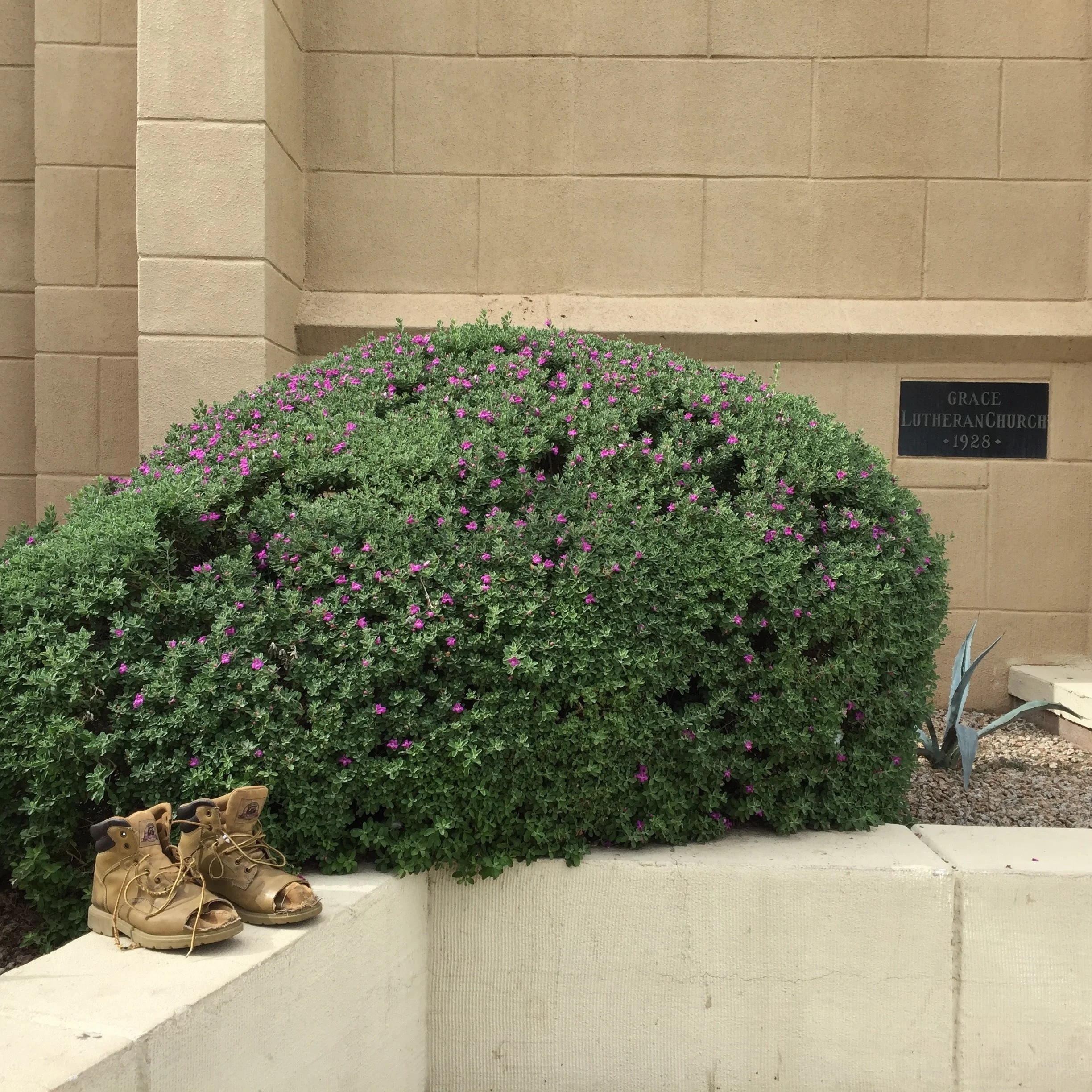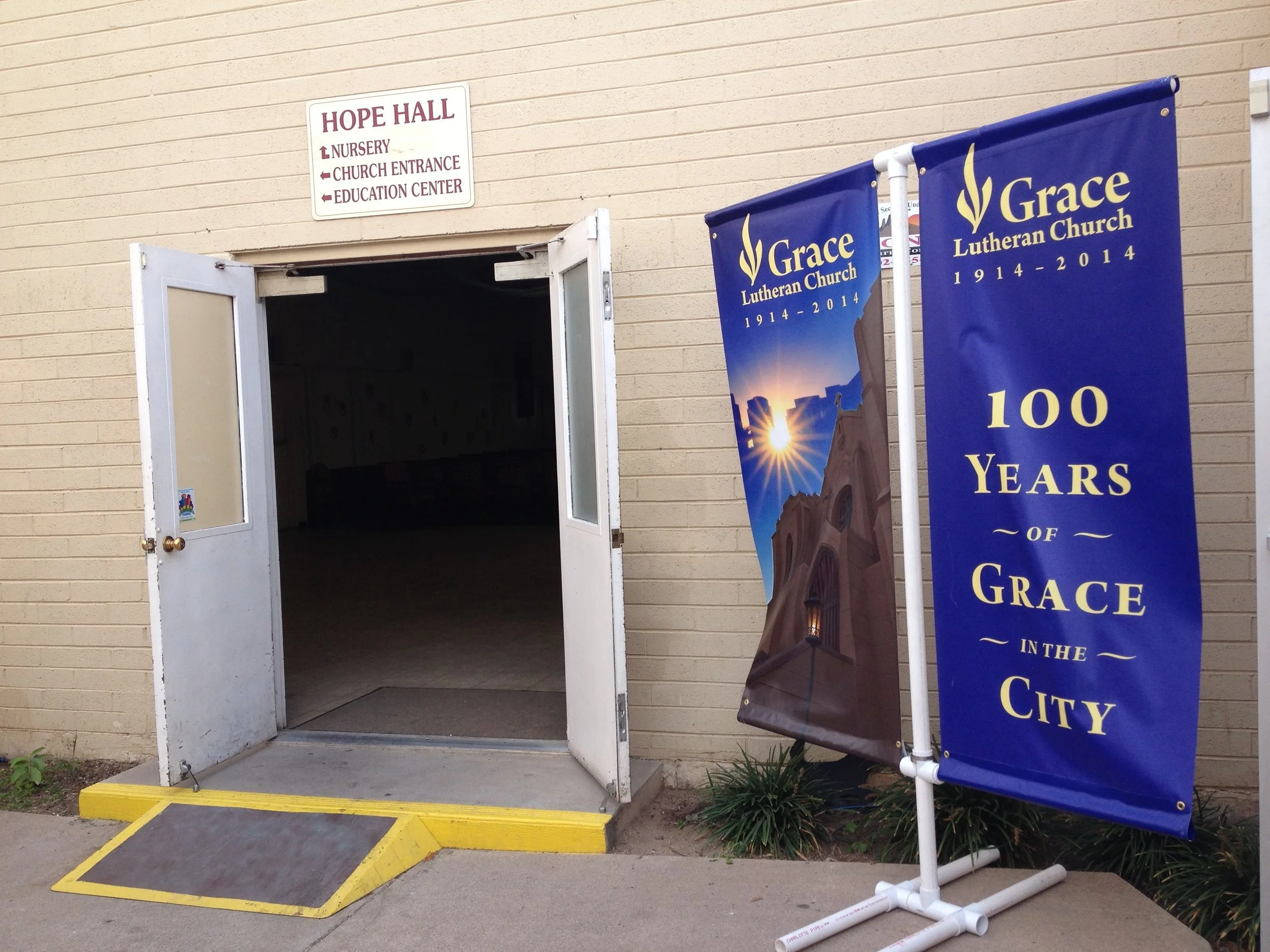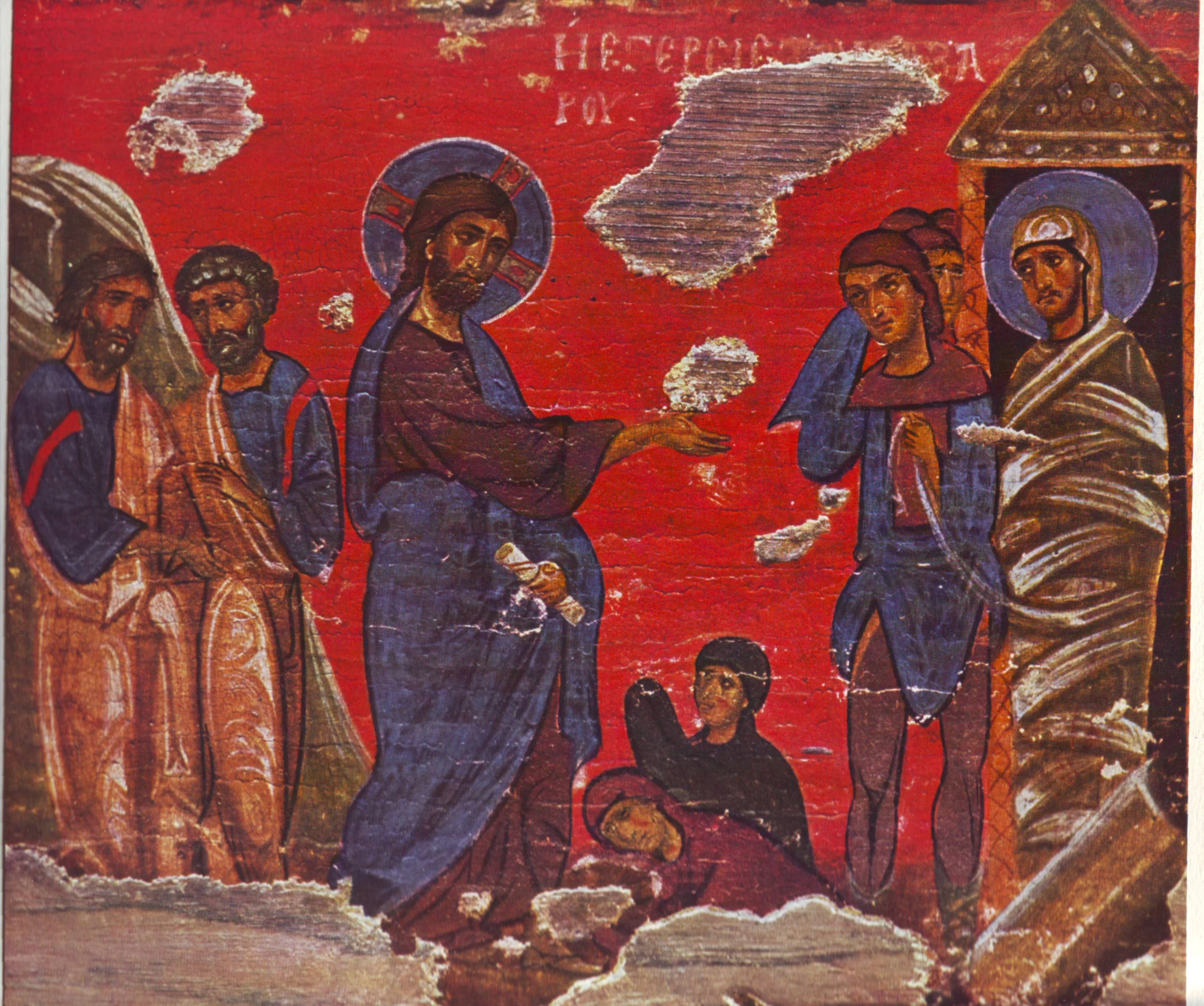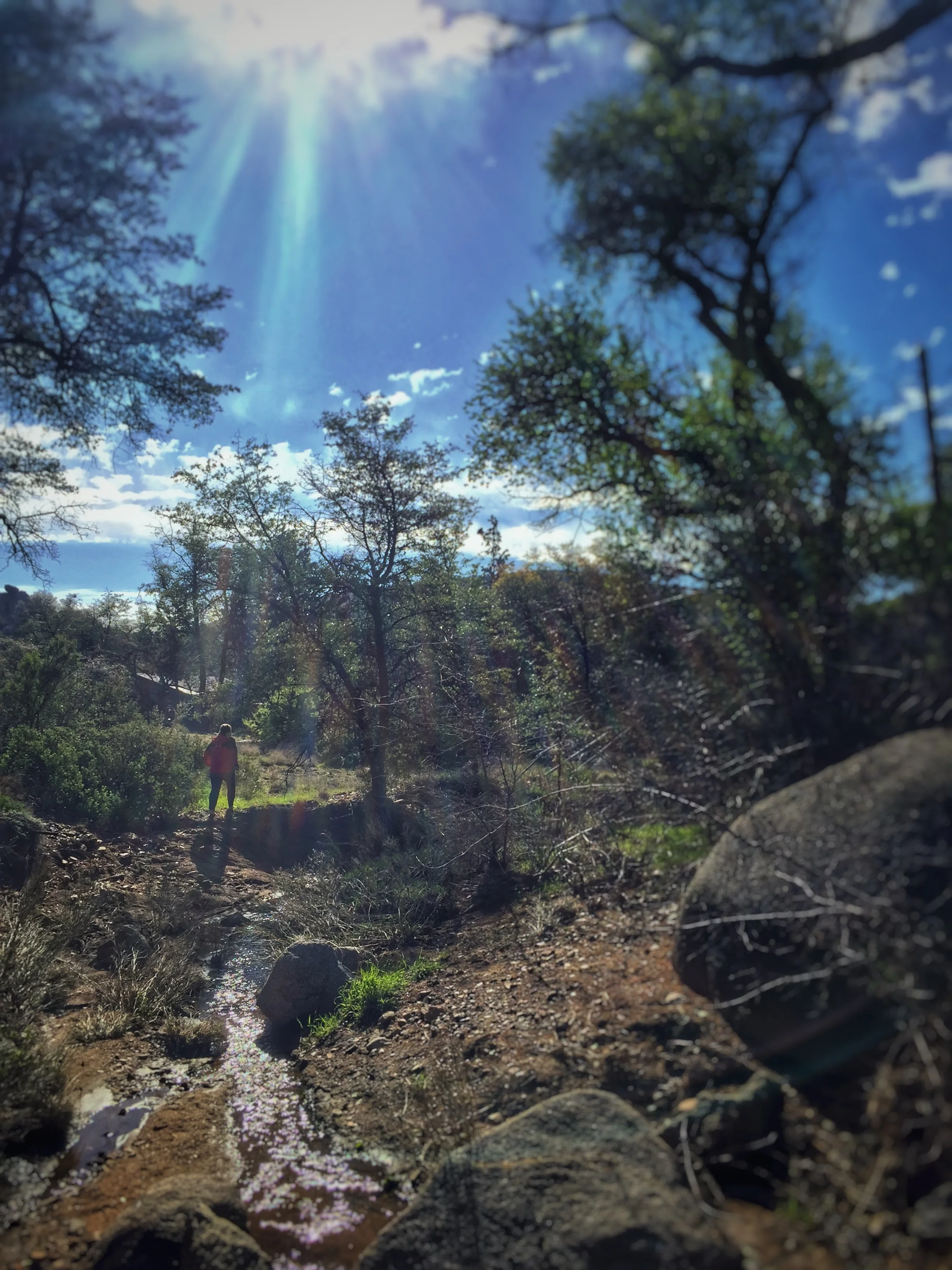I wanted to preach a sermon about doing the mission of God, not just talking about doing the mission of God. I thought a sermon about how we can change our minds in the process of determining what God is calling us to do would be interesting. I would have loved to talk about how Jesus deems tax collectors and prostitutes more worthy of the kingdom of God than the chief priests and elders and what that might mean in our context. I would have settled for a sermon about how everyone in the parable enters into the kingdom of God whether or not they actually do the will of God.
Unfortunately, none of these lovely sermon ideas actually reflect the point of Jesus’ parable and encounter with the chief priests and elders.
























